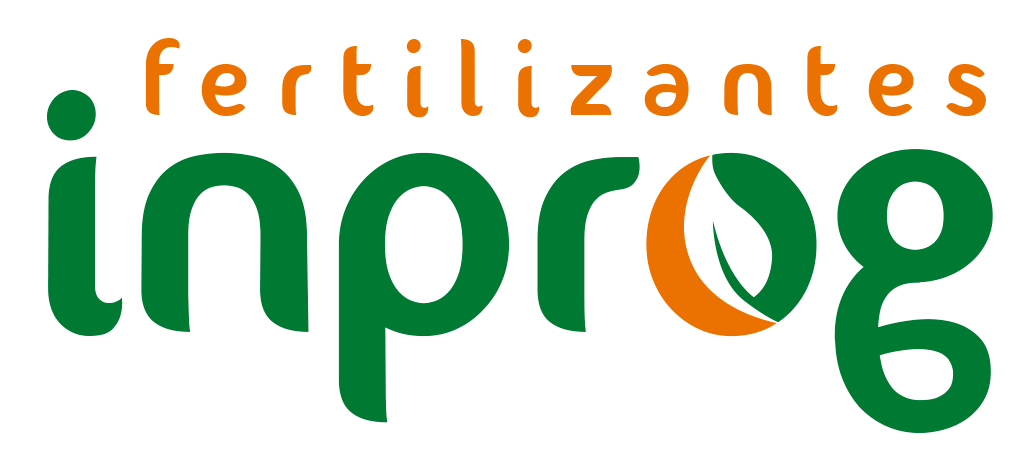
Alfalfa is the main leguminous crop grown in the Iberian Peninsula. It is a highly particular crop, due to the fact that it is a multiannual crop and is subjected to several annual cuts.
The high demand for phosphorus, potassium and calcium together with that of #microelements, as well as a powerful and deep root system, make it a highly extractive crop. On the other hand, as a legume, nitrogen inputs have no direct impact on production.
Thus, it is necessary to replenish all these elements, with special attention to microelements.
As it is a crop intended for animal consumption, its organic fertilisation must be by means of small-particle and sanitised compost (which can be immediately incorporated into the soil): free of weeds or pathogens.
INPROG products are designed to restore all the extracted nutrients, while paying special attention to phosphorus, calcium and sulphur.
Solutions
Damaged soils
The multiannual nature of alfalfa can lead to a depletion of certain nutrients. NPK-based fertilisations induce a loss of chemical and organic fertility, especially in terms of #microelements. The first step to solve this problem is to add organic matter enriched with #FRpower.
An organic or organomineral fertiliser is a smart way to solve the problem. VERDE, VERFOR, Gallicompost and NUBIECOL are specifically designed for this purpose.
Production drops
In a multiannual crop (5-6 years), the effect of soil depletion starts to become apparent in the last years of production. This depletion is due to the non-replenishment of many of the nutrients extracted at each cut and to a decrease in the organic matter content of the soil.
A smart strategy is the annual replenishment of all these nutrients to prevent them from becoming production limiting. As well as the use of sanitised compost: free of weeds and pathogens.
VERDE, VERFOR, Gallicompost and NUBIECOL are fertilisation strategies aimed at avoiding production drops.
Essential nutrients
In alfalfa, three nutrients are usually neglected in fertilisation:
Zinc
The lack of zinc decreases the crop’s productive potential, thus decreasing the dry matter yield and protein percentage.
Sulphur
It increases chlorophyll content and improves quality and protein content.
Calcium
Low levels of calcium in the soil can lead to a weak and brittle plant. It reduces stem thickness, significantly reducing yields per hectare and dry matter content.
The FORTEC-FR, VERDE and NUBIECOL ranges naturally contain a large amount of these 3 elements, thus providing an easy, direct and efficient solution for fertilising with these nutrients.
Cumulative effect
The supply, year after year, of the FORTEC-FR, VERDE and NUBIECOL products improves production and yield in kg/ha. This is the conclusion obtained in trials carried out by the company and in research centres.
This increase is due to the accumulation, in the soil, of #microelements and essential elements available to the plant. This allows the plant to regulate itself and produce more and better.
What do experts think?
For cultivation
- Vigorous and well-nourished crop.
- Improved protein content.
- Improved health.
- Higher yields.
For the farmer
- We carry out organic and mineral fertilisation in a single application.
- We provide a large amount of essential minerals.
- We improve nutrient efficiency.
- We facilitate fertilisation management.
For harvesting
- Improved dry matter.
- Higher vegetative mass.
- More nutritious forage, higher content of:
- Trace elements
- Vitamins
- Proteins
Do you need more information?
We are manufacturers, ask us for your a customised quote.
Ask our technical support.
Share this article
Related news


#3Ms
11 de February de 2021
No Comments
The aim of the #3Ms theory is to ensure that the plant obtains all 35 nutrients.

Rock flour and food production
24 de April de 2014
No Comments
The chemical industry is already processing rock flour and has put it on the market under different trade names, such as rock phosphate.

Benefits of incorporating rock flours
24 de April de 2014
No Comments
What benefits and achievements will be obtained by incorporating rock and rock flour into agricultural production?


